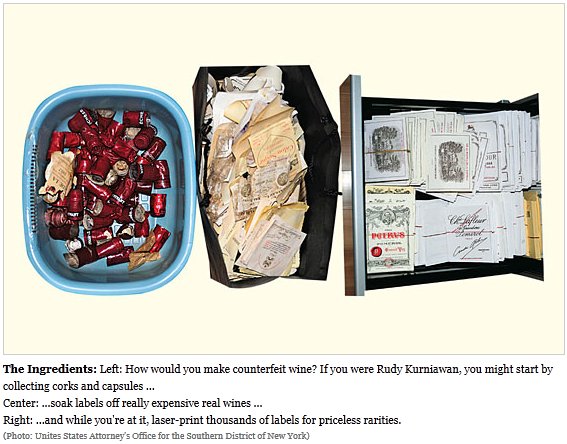In the latest Ontario Wine Review, Michael Pinkus pours scorn on the LCBO’s latest attempt to fend off an actual competitive market:
The LCBO is about money and profits — and about control. I know I will have people freaking out at me for saying this but I want you to ask yourself “why?” Why would the LCBO suddenly decide that grocery stores are the place to put locations? Doesn’t sound all that smart to me — and not what we asked for. We asked for the right to pick up booze and bread in the same place — the government has said fine but you’ll still have to visit two cashiers and wait in line. Heck, I could have gone across to the mall parking lot to the LCBO location, got a bigger selection than in that tiny kiosk they’ll most likely rent and I still would have had to stand in line at a different cashier — where’s the convenience?
Plus we already have Wine Rack and Wine Shoppe locations in grocery stores … and therein lies the rub (as Shakespeare would say). The LCBO already knows those stores are profitable, the “pilot project” is done, there’s no study needed, Vincor and Peller have already done the research (and if you don’t think the LCBO has had a look at those numbers you’ve got another surprise coming) — this is just another way for the LCBO to compete with those two companies — and by extension, the wineries of Ontario. [Ed. Note: just in case you don’t know Peller and Vincor hold the majority of private liquor store licenses in the province — something they acquired before 1988 when free trade came in].
“… and will also create new VQA boutiques for Ontario wines inside five of its own stores.” A novel idea? I don’t think so. They have one in St. Catharines already (of all places), and what do you want to bet the LCBO will place these new “boutiques” where they are most needed like Niagara, Prince Edward County and Windsor where wineries already exist — no better way to compete with your competition than on their own turf.




